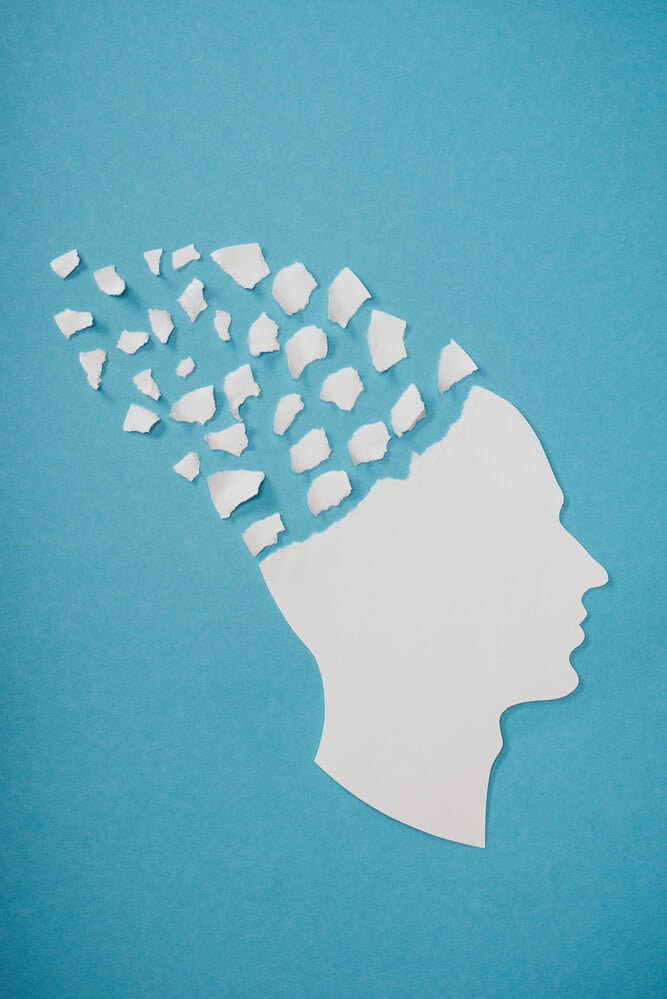A good night’s sleep enhances alpha. And a good night’s sleep is rare any more. Did you know that researchers have shown that anyone, even those who claim only to need four or five hours of sleep a night, will sleep at least nine hours if they are in an environment that is completely dark and quiet? How often do we have
a sleeping environment that is truly dark and quiet in urban centers of America? Street lights, street noise, little red lights from the VCR, the LED alarm clock- most of us never get extended uninterrupted sleep or a total of nine hours a night.
Here are the details of that sleep study. The people in it were paid to participate. During a 2-week ‘baseline’ period, their performance at work was measured and quantified, and their moods were measured daily. Then for the second 2 weeks of the study, only one thing was changed in their lives. They were required to spend 10 hours per night in a bed that was in a totally dark and tranquil room. Under these blissful conditions, everyone slept at least nine hours. Even people who would swear on a Bible that they could not sleep more than four or five hours per night- they all slept at least 9 hours, and some were still sound asleep when the alarm went off after 10 hours of sleep. And the interesting thing was that there were big beneficial changes in their work performances and their moods. At work, they performed better and were more accurate and more productive, and their negative moods dropped almost out of sight. This study did not measure brain waves, but I can assure you that if it had, the people with this extra sleep would have been seen as having more alpha waves in their brains. And it was the state of consciousness associated with the alpha waves that was responsible for the people performing better at work and having fewer negative moods. Alpha is good for you. Alpha helps you feel good and perform better at everything you do. And alpha isn’t what you think.
Fortunately, there are things you can do today to help you get a better night’s sleep. One of the most important is to alter your eating patterns according to Benjamin Franklin’s advice, who said: ‘Breakfast like a king (or queen), lunch like a prince (or princess), and supper like a pauper.’ Your major fat and protein intake should be at your morning meal; your evening meal consists of light fruits, salads, and carbohydrates. For you to digest a meal, your body temperature must go up. Surely you have noticed how you suddenly feel warmer after eating, even if you eat cold food. On the other hand, to go to sleep requires your body temperature to fall. Alas, your body temperature cannot go both up and down at the same time. So the two do not go well together. This means that eating and sleeping do not go well together. It is also wise to avoid spicy food in the evenings since these may tend to lead to sleeplessness or shallow, dream-filled, restless sleep.
It is also vitally important to your health and your brain’s ability to produce alpha waves to sleep in total darkness or as close to that as possible. Use blackout
shades or drapes on the window to block out light and buy a comfortable sleeping mask. If there is any light in your bedroom, it will disrupt your circadian rhythm and the pineal gland’s melatonin and serotonin production. In fact, if you get up to go to the bathroom, keep the light off. If you turn on a light, your brain immediately ceases all production of melatonin. You can also reduce your drinking of liquids shortly before bedtime to avoid or reduce the number of middle of the night bathroom trips.
EMFs:
The presence of EMFs1 in your bedroom can also disrupt the pineal gland and its hormone production. EMFs come from electrical appliances like a TV, clock, radio, electric blanket, and so on. Keep your alarm clock at least three feet away from your bed and turn it to face the wall, so the light does not disrupt your sleep. Recent research has learned that even with your eyes closed, your sleeping brain can detect the presence of light.
Melatonin is important to our health in many ways. Recent research finds a link between disruptions in the circadian rhythm and cancer progression, which may be linked to shifts in the hormone melatonin. Melatonin is a powerful antioxidant that neutralizes free radicals and slows the production of estrogen. It helps the body clean out and heal while you sleep. You can increase melatonin levels naturally with exposure to bright sunlight in the daytime (or use full-spectrum light bulbs in the wintertime) and absolute darkness at night.
Having a quiet environment is also important to deep uninterrupted sleep, but if you happen to live in a city where noise is constant, try earplugs or a white noise generator to mask or block out sounds.
